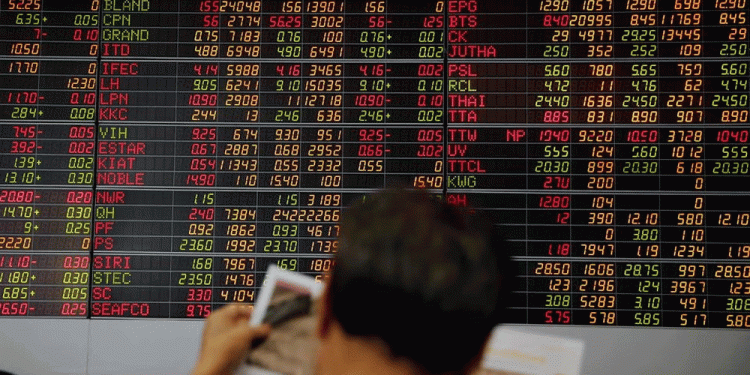China’s imports of natural rubber surged to a record in November as traders boosted purchases to obtain cheaper financing and to benefit from higher local prices in the world’s biggest consumer.
Overseas shipments of natural rubber and latex rose to 270,000 metric tons, according to data from the General Administration of Customs in Beijing. That’s a 42 percent gain from 190,309 tons in October and up 25 percent from 216,007 in November last year. Imports in the first 11 months of 2013 climbed 8.2 percent to 2.13 million tons, it said today.
Increased Chinese purchases may support Tokyo futures, the global benchmark price, after a 9.5 percent drop this year. Shanghai rubber, excluding fees and transportation costs, is on average 22 percent more expensive than in Tokyo in the past three months, data compiled by Bloomberg show.
“Arbitrage activity is one reason” for higher imports, said Lucy Liu, an analyst at Tower Commodities Ltd. in Beijing. “Some trading companies also boosted imports as they use rubber shipments as a form to obtain funding through trade financing.”
China’s foreign-exchange regulator said it will tighten scrutiny of trade financing and that banks should bar companies from being funded based on fabricated transactions. The measures are meant to prevent abnormal foreign-exchange flows, the State Administration of Foreign Exchange said in a statement dated Dec. 6 and posted on its website yesterday.
Stockpiling
China’s record rubber imports follow indications that the government and local tire makers are increasing purchases, according to Zhao Cheng, an analyst at Zhongcai Futures Co. in Chongqing.
The State Reserves Bureau bought 60,500 tons of rubber for government stockpiles on Dec. 5, in addition to an estimated 96,000 tons purchased in the past month, said Tong Jingjing, an analyst at the Shanghai unit of Sri Trang Agro-Industry Pcl, Thailand’s largest listed rubber exporter.
Chinese tire makers, currently operating on lean stockpiles of raw materials, may also boost imports to replenish inventories ahead of the Lunar New Year, which begins next month, Zhao said.
Source: Bloomberg





























